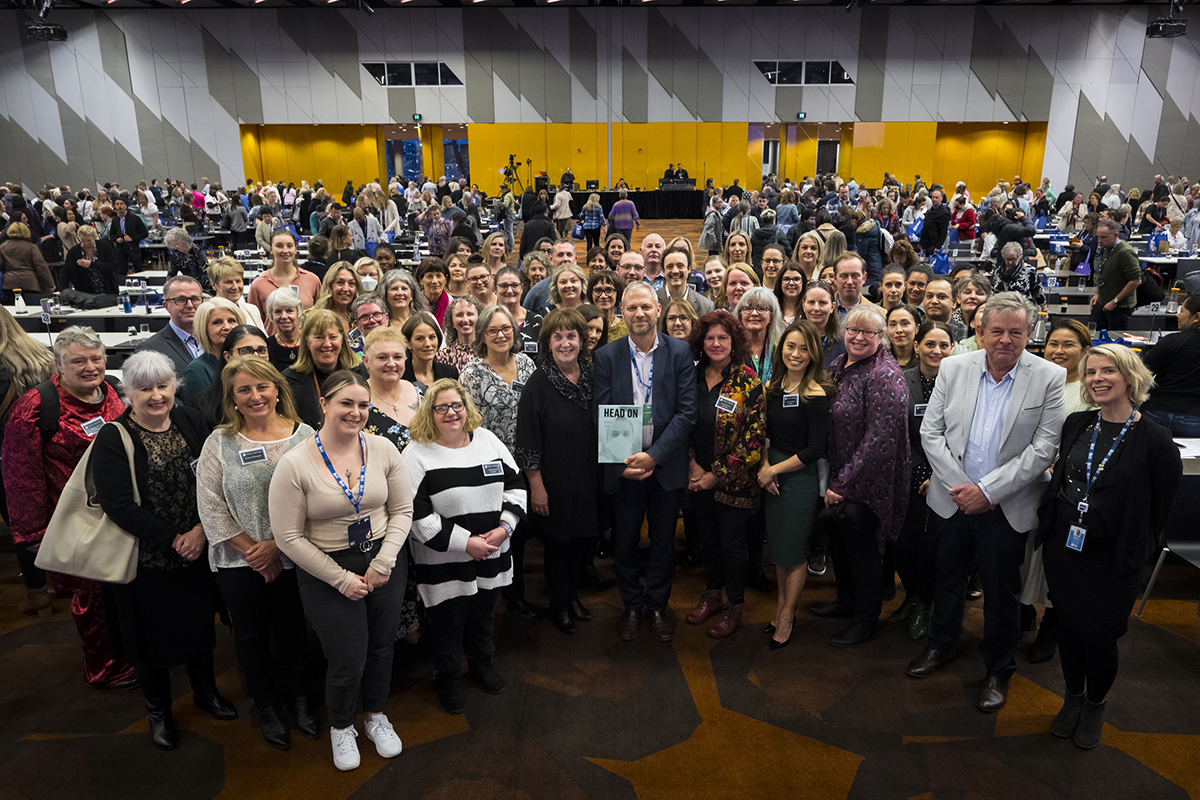
Kelly Leydon, Principal Lawyer, Gordon Legal
The current situation in Victoria resulting in less freedom of movement and more time being spent at home has seen a spike in the frequency and severity of family violence.
You, or someone you know, might be in a situation of feeling scared, miserable or unsafe, or worried about children’s safety, as a result of a family member’s behaviour. You may not have thought of a family member’s behaviour as ‘violence’ and/or don’t know what to do about it.
What is family violence?
Family violence is defined broadly. You don’t have to be punched or kicked in order to be a victim of family violence. The relevant family violence law in Victoria defines family violence to include behaviour that is physically or sexually abusive, emotionally or psychologically abusive, threatening or coercive, or in any other way controls or dominates the family member and causes that family member to fear for his or her safety or wellbeing or for the safety or wellbeing of another person. The supposed ‘less serious’ types of violence like emotional and psychological abuse can be even more harmful and difficult to overcome. It should not be underestimated how damaging this type of behaviour can be to the health and wellbeing of the victim and children of the relationship.
Family violence can be perpetrated by your current or former intimate partner, by a parent to his or her child, towards an older person by a partner or family member, or by a child or dependant to a parent.
Examples of behaviour that may be considered family violence include:
- causing a child to hear, witness or be exposed to threats of physical abuse or abuse
- coercing a family member to relinquish control of assets and income
- repeated derogatory taunts, including racial taunts
- keeping or damaging a family member’s property without permission, or threatening to do so
- threatening to disclose a person’s sexual orientation to others against the person’s wishes
- threatening to withhold a person’s medication
- preventing a person from making or keeping friendships, connections with culture, or preventing the person from expressing their cultural identity
- threatening to commit suicide or self-harm with the intention of tormenting or intimidating a family member.
It’s important to note that the behaviour may constitute family violence even if the behaviour would not constitute a criminal offence.
Impact on children
Family violence can have a profound impact on children, although not all children will be affected in the same way. Research has found that children who are exposed to family violence are at greater risk of emotional and behavioural problems, and social and educational problems, particularly if the violence is combined with other issues in the home such as drug and alcohol use or mental health issues.
Unfortunately not all problems for children who have been exposed to family violence will stop if the parents separate, particularly if there has been a history of coercive and controlling behaviour during the relationship. Sometimes separation can be a particularly dangerous time for victims of family violence and children.
Having a parenting plan and/or a court order that promotes the safety of children after separation may be an important part of the separation process and can help to create stability for children and parents as they transition out of a relationship.
How the legal system can help
If you need immediate protection, Victoria Police have the power to issue a family violence safety notice (FVSN). A FVSN can be issued by police outside of court hours. It can be used to protect victims of family violence and to exclude the perpetrator from the family home. Police will apply for a FVSN if they assess the situation and believe on reasonable grounds that there is an immediate risk to the safety of the affected family member or her/his children. Once the perpetrator is served with the family violence safety notice it is in force and has the same effect as a family violence intervention order (FVIO) until the matter is brought before a magistrate.
If you are not in immediate danger but require an intervention order to protect you, during the COVID-19 pandemic you do not need to come to court to commence your application but can apply online. Once the paperwork is lodged you will be provided with an appointment time with a registrar, to commence the process. A FVIO can have all sorts of conditions, designed to protect you and your children, and does not have to exclude the perpetrator from the family home. It can function as a ‘wake-up call’ to the perpetrator and as protection for you so that if the prohibited behaviour occurs again, the perpetrator can be charged with a criminal offence. If you would like to know more about the application process or commence an application, go to the Magistrates’ Court of Victoria website for a step by step guide of what to do.
If you need assistance with drafting a parenting plan to set out with whom the children will live, and the time they will spend with the other parent, particularly if there are family violence and safety concerns for the children, we would recommend that you obtain advice from the Gordon Legal family law team.
Although the incidence of reported family violence has increased, family violence remains a hidden and under-reported problem in our community. One in four Australian women has experienced physical or sexual violence by an intimate partner. It is a widespread problem and occurs among all types of families, regardless of income, region, ethnicity, religion or profession. Women represent the overwhelming majority of victims of this behaviour but often fail to report due to a myriad of reasons including shame or guilt, lack of financial independence, belief their partner will change or lack of social support networks.
Don’t let lack of knowing what to do be the reason why you continue to suffer. Contact Gordon Legal for advice and representation in court from Kirstie Grigor, Head of Criminal Law, and Kelly Leydon, Family Law Accredited Specialist on 9603 3000.




